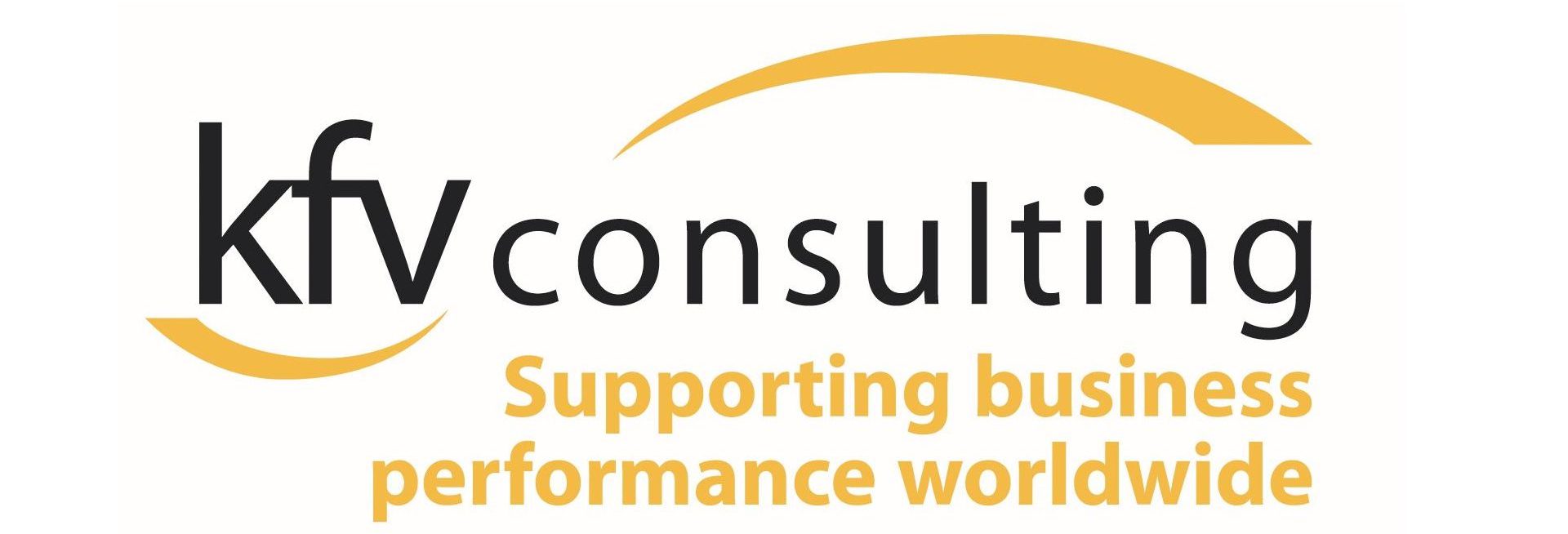A tailored approach to testing in cultures
Issues covered:
A rose by another name? Maybe not. I recommend a customised approach.
The frenetic pace of business life means that leaders and their employees need to be more adaptable than ever. Learning agility and regular assessments are important but don’t forget that employee assessments in Asia can be quite different than those in Europe. A tailored approach to testing in cultures will help you get consistent information.
Yes, the world is getting smaller. Managers move companies more frequently. Overseas assignments crop up more often. The need for a multinational workforce is growing. So, when developing leaders and their employees, a consistent approach to assessment makes sense.
Dublin, Delhi or Dubai? Belfast, Birmingham or Beijing? London, Los Angeles or Lucknow? It would be inappropriate to use the same tests in such different regions and expect to get meaningful information. This presents huge challenges for test developers because the traits or abilities you are measuring may remain the same but how you measure them will vary.
As an example, there is a direct question I have come across in assessments regarding “integrity”. “Do you think it acceptable to take an occasional day off, even if you not ill?” Surprisingly, people from Western cultures can quite happily reply “yes”. However, in some Asian cultures, the emphasis on “saving face “ will make people reluctant to admit to a potential failing, so you have to be more subtle in the line of questioning. Actually, this can be true in many instances.
Subtlety is also important in translation. It is always wise to translate into a second language and then get the questions translated back again to check that the original meaning still stands. Without “back translation” you are running a high risk of inaccuracy. The simplest statements can get mistranslated. When assessing work ethics, we found that French results were much lower than the rest of Europe until some investigation linked the concept of “hard work” to “physical labour.” Simply replacing “hard work” with “effort “sorted the issue.
However carefully tests are translated, certain assessment methods and questions are more acceptable in some cultures than others. Ideally, you should involve a good cross section of people who come from different cultures to avoid issues of cultural bias. Sending in-house assessors out to Delhi or Dubai without using local partners is a basic error. Ideally, you should always make sure that tests are “normed” in the country of use.
Another way of ensuring that people from different cultures are tested fairly is to give training in how to tackle assessment tasks. For example, in ability tests, we often find that people from many Asian cultures tend to be much more concerned with accuracy than speed. So, they work their way carefully through an assessment, doing their utmost to answer every question correctly. The approach overall is slower than people from European cultures who often skip questions.
Cultural differences should also be taken into account once assessments are carried out and results analysed- especially when it comes to personality testing. Traits such as extroversion or conscientiousness can be found in everyone but they tend to be more pronounced in some cultures than others. It is not true to say someone is an extrovert. They are extrovert in relation to their sample group or current environment.
So, you may ask, “why don’t divisions of multinationals take their own approaches to assessments?” “Why don’t they think global act local?” It is recognised that as the world becomes more globally connected, Multinationals and their clients need assurance that their people are working to the same standards,-collective values, similar sets of skills and abilities. It is still essential to ensure that any assessments are free from cultural bias and do not indirectly discriminate against particular groups. This can mean doing simple things like adapting questions in a numerical ability test to include a currency that is familiar to candidates or weeding out cultural specific references.
Another effective way to assess candidates by comparing like with like and not benchmarking candidates from different countries against each other, is to set up local norm groups. These groups will help you to understand how an individual has performed in comparison with others from a similar educational and cultural background.
This approach is much more objective, valid and non-discriminatory. It also leaves you less open to risk by protecting against legal action. Most important of all, it allows you to identify the right people through accurate and well-informed selection decisions.
Cultural issues have never mattered more. Remember, organisational agility is not about assessments being correct. It is also about individuals being able to adapt to different cultures, understand different ways of thinking as well as behaviours and learning how to be able to communicate effectively and consistently across national boundaries.
I encourage any organisation with an international dimension to take a holistic, global approach to all aspects of their business activities. From assessment through to business development and market entry. It really is important to get the upfront work right. You need to understand the differences in trends and cultures in the different countries and work your activities accordingly.
This article is correct at August 2020

